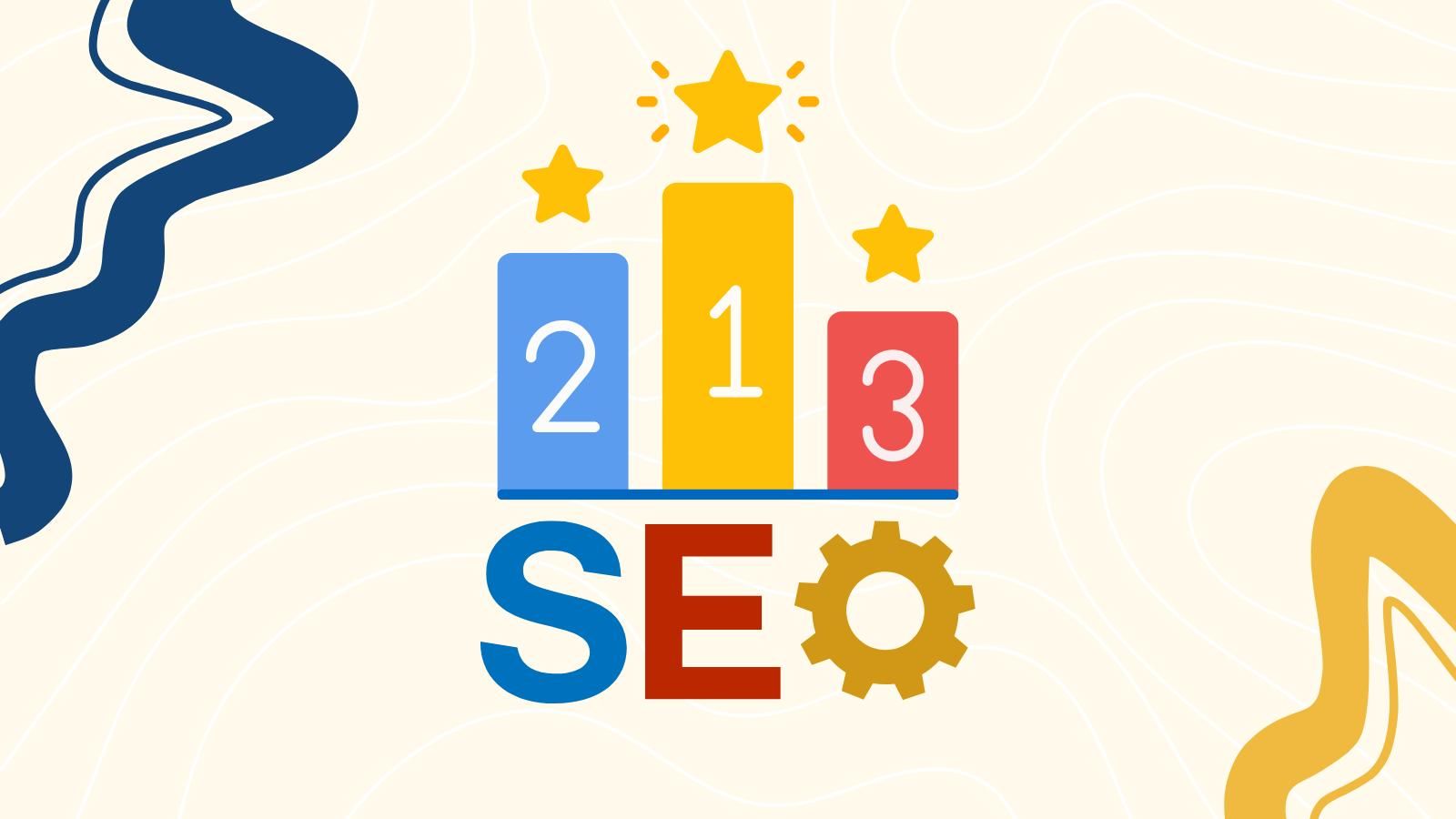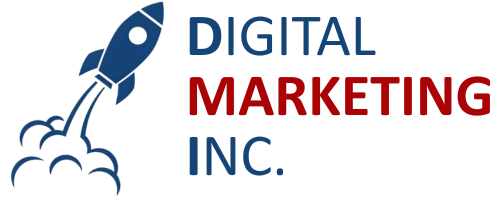Understanding Competition in SEO

You've put your heart and soul into crafting a stellar website that showcases your business, the design is top-notch, and your keyword strategy is on point. But there's one problem – your competitors are consistently outranking you. It's a frustrating situation that many website owners face. So, what can you do about it? The answer lies in conducting a comprehensive competitor SEO analysis to gain a deeper understanding of the strategies in your competitors' SEO.
At Digital Marketing Inc., we understand the frustration of being outranked by competitors. That’s why in this post, we will cover cutting-edge insights to refining your strategy based on your competition, including:
- Identifying the Competition
- Competitor Keyword Analysis
- Competitor SEO Content Analysis
- User Experience Analysis
- Backlinking Analysis
- Using Your Competitor's SEO Success Against Them
How a SEO Competitor Analysis Boosts SEO Results
To fully understand your competition, it is essential to conduct an in-depth SEO analysis that includes identifying who your competitors are, analyzing their keywords and content, understanding what users appreciate about their website, and investigating which external sites are referencing their domain. This comprehensive approach lays the groundwork for devising a successful SEO strategy.

Identifying the Competition
- Identifying your key competitors is crucial to understanding the landscape. By focusing on those consistently ranking on the first page of search results, you can gain valuable insights.
- Targeting the right keywords is more than just following trends. Dive deep into finding the terms that align with your business goals and pinpoint who’s competing for that same visibility.
- Analyzing competitors’ business models helps prioritize your efforts, ensuring you focus on the ones most relevant to your growth and market positioning.
Competitor Keyword Analysis
- Conducting in-depth keyword analysis is essential after pinpointing your competitors. This helps you compare your current keywords with theirs and stay ahead.
- Spotting gaps and opportunities allows you to discover untapped keywords that can enhance visibility and refine your strategy for better results.
- Eliminating ineffective keywords is just as crucial as targeting new ones. By focusing on keywords that drive growth, you can streamline your approach and boost overall performance.
Competitor SEO Content Analysis
- Content is the cornerstone of SEO. By analyzing your competitors’ content strategy, you gain insight into what’s driving their success and where you can improve.
- Understanding what works for your competitors allows you to refine your own content approach, ensuring it resonates better with your audience.
- Creating superior content is key. By going beyond what your competitors offer, you can deliver more value to your audience, boosting engagement and visibility.
User Experience Analysis
- A technical analysis of user experience is crucial for SEO success. Understanding how competitors optimize their sites reveals best practices you can apply.
- Adopting seamless, user-friendly designs ensures your website provides a better experience, keeping visitors engaged and satisfied.
Backlinking Analysis
- Backlinks are the currency of SEO. Identifying who links to your competitors helps you understand how they’re building authority.
- Analyzing competitor backlinks shows where you can focus efforts to gain high-quality links that drive traffic and credibility.
- Securing valuable backlinks strengthens your website’s authority,
improving both your rankings and visibility in search engines.
Using Your Competitor's SEO Success Against Them
TIP: Now, let's talk about the art of using your competitor's SEO success to your advantage. It's not about copying their strategies; it's about going a step further. By dissecting your competitor's keyword strategy, you can identify higher-ranking keywords or related key phrases that can give your website the edge it needs. A competitor analysis report is invaluable, but it's what you do with it that matters. It doesn't magically boost your website traffic; it informs your strategy. After receiving your report:
- Implement the identified strategies to improve your website's SEO.
- Adjust your content marketing strategy based on insights from the report.
- Fine-tune your paid online advertising programs for greater success.
Need an Amazing SEO Team to Beat Out The Competition?
Understanding competition in SEO is an ongoing process, and success lies in having a dedicated team by your side. At Digital Marketing Inc., we offer comprehensive competitor analysis reports that empower your SEO strategy. Our experienced digital marketing experts work tirelessly to ensure your website ranks higher and attracts more traffic than your competitors.
Ready to gain the upper hand in the SEO game? Contact
Digital Marketing Inc. today, and let's embark on a journey to outrank your competition and dominate the search engine results pages!
